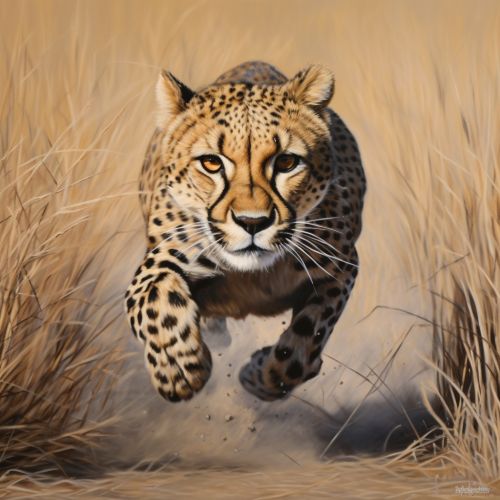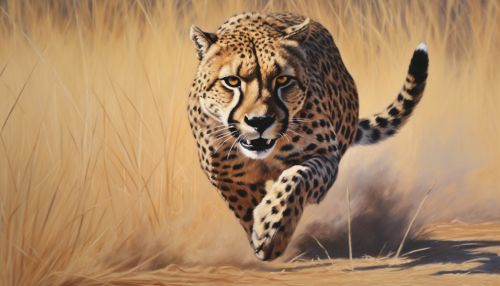International Cheetah Day
Overview
International Cheetah Day is an annual event observed on December 4th to raise awareness about the plight of the cheetah, the world's fastest land animal, which is currently facing extinction due to various factors such as habitat loss, illegal wildlife trade, and climate change. It is a day dedicated to celebrating the cheetah's unique qualities, understanding its ecological importance, and taking action to ensure its survival for future generations.


History
International Cheetah Day was established by Dr. Laurie Marker, the founder of the Cheetah Conservation Fund (CCF), in remembrance of Khayam, a cheetah she raised from a cub at Wildlife Safari in Oregon, USA. Khayam was later taken to Namibia, where Dr. Marker was successful in training her to hunt in the wild, thereby proving that captive-raised cheetahs could be taught to survive in their natural habitat. This significant achievement led to the establishment of the CCF in 1990, and later, the proclamation of International Cheetah Day in 2010.
Significance
International Cheetah Day serves as a global platform to highlight the challenges that the cheetah faces, from loss of habitat to human-wildlife conflict. It is an opportunity to educate the public about the importance of the cheetah in maintaining ecological balance, and the role that humans can play in its conservation. The day also celebrates the beauty and athletic prowess of the cheetah, which is a symbol of speed, agility and grace.
Observance
International Cheetah Day is observed worldwide with various activities aimed at raising awareness about cheetah conservation. These activities include educational programs, fundraising events, social media campaigns, and community-based initiatives. Many zoos, wildlife parks, conservation organizations, and schools participate in this day by organizing special events and activities that highlight the importance of cheetah conservation.
Conservation Efforts
The conservation of the cheetah is a complex issue that requires a multifaceted approach. Organizations like the Cheetah Conservation Fund and the International Union for Conservation of Nature (IUCN) are at the forefront of these efforts, conducting research, implementing conservation programs, and advocating for policies that protect the cheetah and its habitat.
Challenges
Despite the efforts of these organizations, the cheetah population continues to decline. The species is currently listed as vulnerable by the IUCN, with fewer than 7,000 cheetahs remaining in the wild. The main challenges to cheetah conservation include habitat loss due to agricultural expansion and urbanization, conflict with humans, illegal wildlife trade, and the impact of climate change on their habitat.
